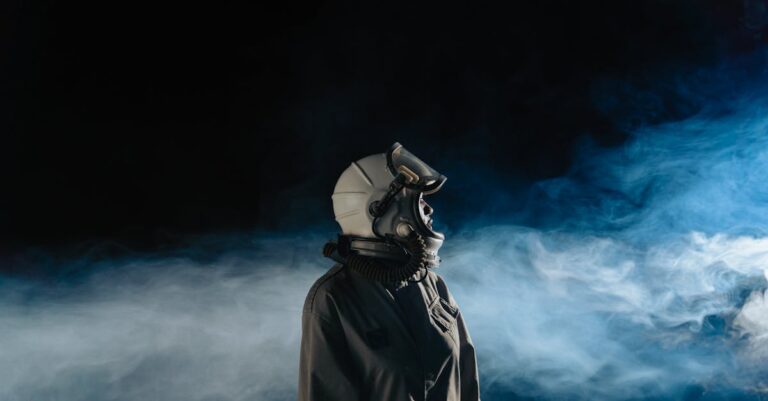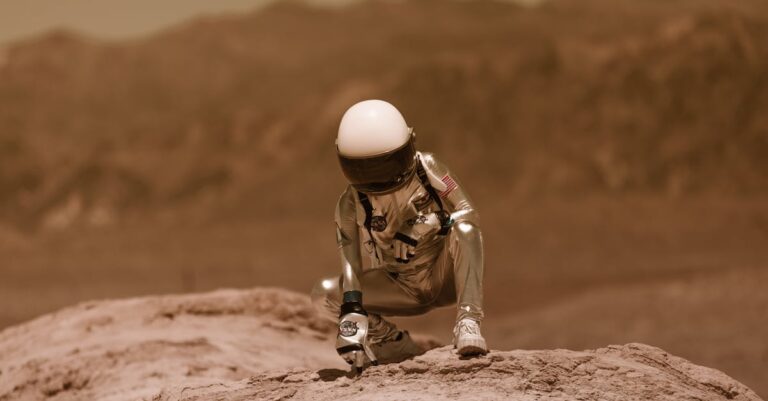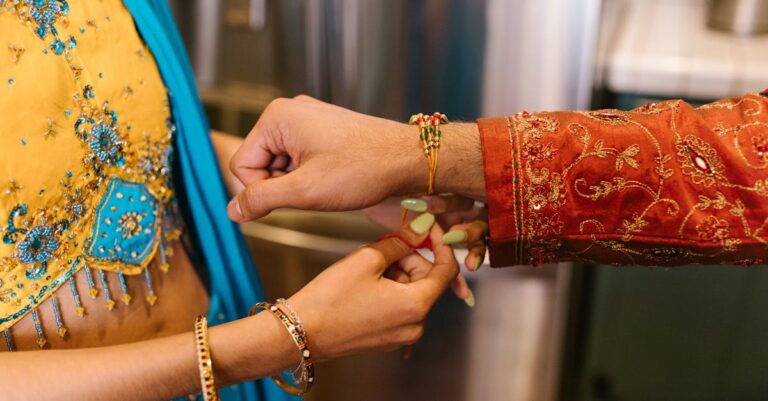
Clara’s boots creaked with every step, the leather stiff from weeks on the trail. The air reeked of sweat and smoke, a thin haze clinging to the horizon where the sun hung low. She squinted at the cluster of tents and wagons, their canvas flaps taut against the wind. A man in a frayed coat approached, his face a map of sunburns and shadows. “You lost?” he asked, his voice rough as gravel.
She tightened her grip on the satchel at her side. “I’m looking for work.” Her words felt hollow, but the man didn’t flinch. He studied her—blue eyes sharp beneath a battered hat—then nodded toward a line of men hunched over a shallow ditch. “Digging for gold. Pay’s decent if you don’t mind dirt in your teeth.” He turned away without another word, leaving her to the hum of insects and the distant clatter of picks.
The first week was a blur of blistered hands and dust that clung to her skin like a second layer. She worked beside a woman named Mae, whose laughter rang out over the camp like a bell. “You’re new,” Mae said, wiping her hands on her apron. “Ain’t seen you around before.” Clara nodded, watching the earth spill from the shovel. The ground was stubborn, resisting every strike, but she didn’t stop. She couldn’t.
By the second month, the camp had settled into a rhythm. The men spoke in grunts and curses, their faces etched with exhaustion. Clara found herself drawn to the river’s edge, where the water glinted like shattered glass. She knelt, cupping her hands to drink, and for a moment, the weight of the world felt lighter. But the river was a sly thing. It whispered promises of fortune, then swallowed them whole.
One night, as the campfires flickered against the dark, Clara heard a voice. “You think this is easy?” The words were low, edged with frustration. She turned to see a man leaning against a tree, his face half-hidden in shadow. His name was Eli, she’d learned—gruff, stubborn, and quick to anger. “You don’t know what it’s like,” he said, not looking at her. “Every day’s a fight. Every drop of water’s a battle.” Clara didn’t reply. She wasn’t sure what to say. The ground beneath her feet felt unsteady, like the earth itself was holding its breath.
Mae found her days later, sitting on a rock near the river. “You’re thinking about leaving,” Mae said, her tone not a question but a statement. Clara didn’t deny it. The camp had become a prison of sorts, its promises as hollow as the holes they dug. “I’ve seen it before,” Mae continued. “People come here chasing dreams, but the land don’t care. It just takes.” She paused, then added, “But maybe you’re not like them. Maybe you’re stronger.” Clara wasn’t sure if that was a compliment or a warning.
The decision came on a morning when the sky was bruised with clouds. Clara packed her satchel, her hands steady despite the storm brewing inside her. Mae stood at the edge of the camp, her usual laughter absent. “Be careful,” she said. Clara nodded, then turned and walked away, the weight of the satchel a constant reminder of what she left behind.
She traveled for days, following a narrow trail that wound through barren hills. The air grew colder, the wind sharper, but she didn’t stop. Her feet ached, her body screamed for rest, but she pressed on. The landscape was desolate, the silence broken only by the caw of ravens and the distant howl of the wind. One evening, as she set up camp beneath a twisted oak, she heard the sound of hooves. A rider approached, his silhouette dark against the dying light.
“You lost?” he asked, his voice carrying the same gravelly edge as the man at the camp. Clara met his gaze, her heart pounding. “I’m looking for a place to start over.” The man studied her, then nodded. “There’s a town ahead. Not much, but it’s a beginning.” He turned his horse and vanished into the dusk, leaving her with the echo of his words.
The town was smaller than she expected, its buildings haphazardly arranged, their wooden planks weathered by time. A sign above the general store read “Welcome to Silver Creek.” Clara stepped inside, her boots creaking on the floorboards. The air smelled of dust and dried herbs. A woman behind the counter looked up, her eyes sharp with curiosity. “New here?” she asked.
Clara nodded. “I’m looking for work.” The woman studied her, then gestured to a stack of crates. “We need help stacking these. Pay’s not much, but it’s steady.” Clara took the task without hesitation. The work was menial, but it was something. As she lifted the crates, she felt the weight of the world shift slightly, as if the town itself was holding its breath, waiting for her to settle in.
The days that followed were a blur of labor and quiet moments. She met others—farmers, traders, a preacher with a booming voice and a heart full of stories. Each interaction was a thread in the fabric of her new life. She learned to mend clothes, to tend to animals, to listen to the land’s subtle signs. The town was far from perfect, but it was real. And for the first time in months, Clara felt a flicker of hope.
One evening, as she sat on the porch of her small cabin, she watched the sun dip below the hills, painting the sky in hues of orange and purple. The air was cool, carrying the scent of pine and distant rain. She thought of the camp, of Eli and Mae, of the river that had both tempted and betrayed her. The past was a shadow, but the future was a blank page.
She didn’t know what lay ahead—whether the town would offer her a home or another disappointment. But for now, she was here, breathing the same air as the stars, and that was enough.


